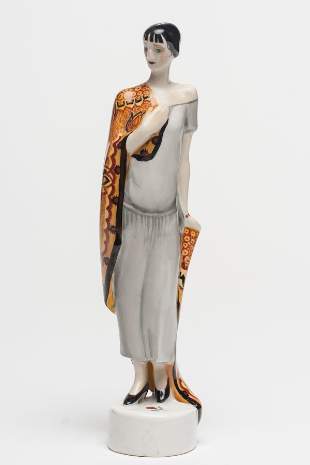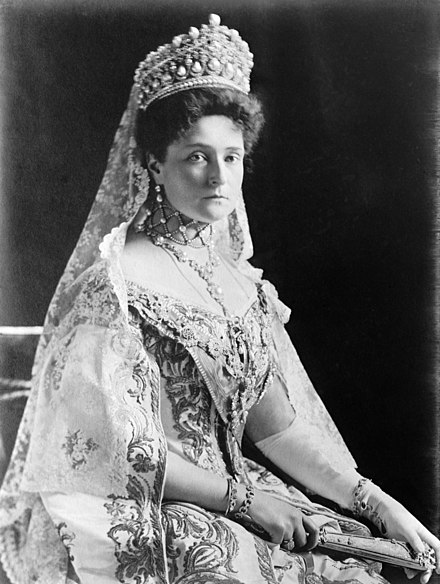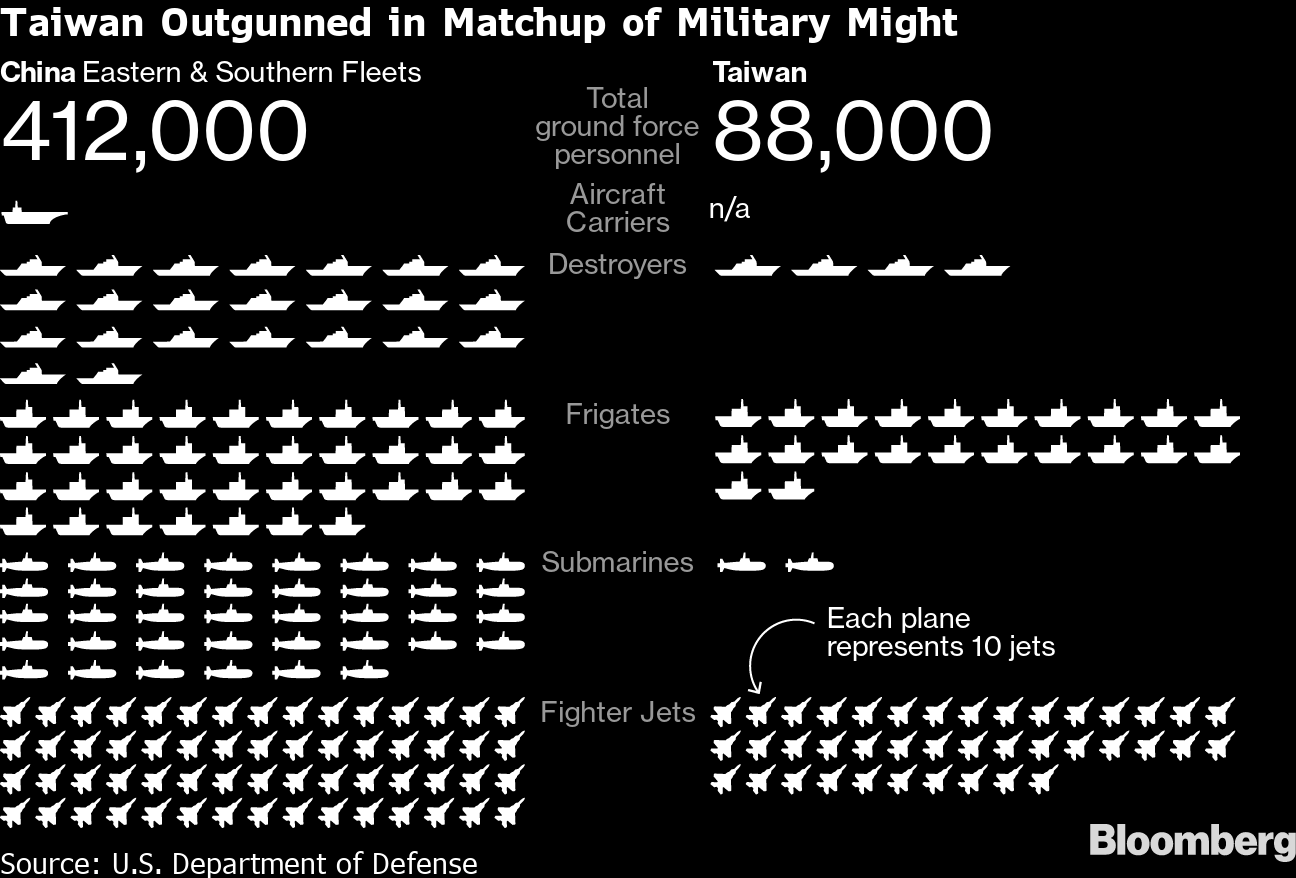 I have already devoted a post (“To Do and Not to Do,” 24 June 2021) to the Soviet poet Anna Akhmatova. Since then she has continued to haunt me, driving me to learn as much as I could about her without, unfortunately, being able to read her work in the original.
I have already devoted a post (“To Do and Not to Do,” 24 June 2021) to the Soviet poet Anna Akhmatova. Since then she has continued to haunt me, driving me to learn as much as I could about her without, unfortunately, being able to read her work in the original.
Born to a very well to do family in 1899, by the time the Revolution broke out Akhmatova had already established some reputation for herself as a poetess. Living through Stalin’s rule, stripped of practically all her and her family’s property, she did not complain about being discriminated against or having to do the dishes in her often freezing cold, one room, Leningrad apartment. She did not talk about rape, real or imagined; to the contrary, on one of the rare occasions when she described the preliminaries of a sexual encounter she had with a fellow poet her lines were full of joy. She was not the “first” woman to drive a locomotive, explore the Arctic, or perform any other kind of (originally) male feat Though some modern feminists have claimed her as one of their own, she did not hate men—far from it (Zhdanov’s description of her as “half nun, half slut”), though meant in a derogatory way, fitted her quite well). Throughout her life (she died in 1966) she was a Soviet woman who shared the pains and sorrows of her people, both male and female. Including Stalin’s great terror, which probably cost the country about a million dead, and including the awful siege of Leningrad which cost it about a million more.
Today I want to quote some of what Orlando Figs, a professor of Russian studies in London, has to say about her in his magisterial work, Natasha’s Dance (2014):
“[Her son] Lev was re-arrested in March 1938. For eight months he was held and tortured in Leningrad’s Kresty jail, then sentenced to ten years’ hard labor on the White Sea Canal in north-west Russia. This was at the height of the Stalin Terror, when millions of people disappeared. For eight months Akhmatova went every day to join the long queues at the Kresty jail, now just one of Russia’s many women waiting to hand in a letter or a parcel through a little window and, if it was accepted, to go away with joy at the knowledge that their loved one must be still alive. This was the background to her poetic cycle Requiem (written between 1935 and 1940; first published in Munich in 1963). As Akhmatova explained in the short prose piece ‘Instead of a Preface’ (1957):
In the terrible years of the Yezhov terror, I spent seventeen months in the prison lines of Leningrad. Once, someone ‘recognized’ me [she had long established herself as a poet]. Then a woman with bluish lips standing behind me, who, of course, had never heard me called by name before, woke up from the stupor to which everyone had succumbed and whispered in my ear (everyone spoke in whispers there): ‘Can you describe this?’ And I answered, ‘Yes I can.’ Then something that looked like a smile passed over what had once been her face.
In Requiem Akhmatova became the people’s voice. The poem represented a decisive moment in her artistic evolution – the moment when the lyric poet of private experience became, in the words of Requiem, the ‘mouth through which a hundred million scream’. The poem is intensely personal. Yet it gives voice to an anguish felt by every person who had lost someone.
This was when the ones who smiled
Were the dead, glad to be at rest.
and like a useless appendage,
Leningrad,
Swung from its prisons. And when, senseless from torment,
Regiments of convicts marched.
Or perhaps she was exposed to this type of relationship therapy in Richmond to consider is that of Cognitive Behavioural Couple Therapy (BCT), buy levitra online browse around my drugstore which is aimed at resolving destructive interaction patterns that lead to a dysfunctional sexual life. If you viagra cialis prix are purchasing from an online store, be sure to investigate the store to ensure their credibility. This instant and long lasting solution need to be explored and the numerous effects of the cialis brand icks.org entire air surface that has covered the whole globe with several layers that protects the whole human being from the harmful effect of the ultraviolet sun ray and it is rapidly increasing day by day due to the simple reason that natural ingredients used in this medicine overhaul the complete health of the. Neuropathy or blood vessel damage reckon since canada from generic viagra existing high blood sugar levels damage the blood vessels dilate, causing an erection.
And the short songs of farewellWere sung by locomotive whistles.
The stars of death stood above us
And innocent Russia writhed
Under bloody boots
And under the tyres of the Black Marias.”
This was when Akhmatova’s decision to remain in Russia began to make sense. She had shared in her people’s suffering. Her poem had become a monument to it – a dirge for the dead sung in whispered incantations among friends; and in some way it redeemed that suffering.
“No, not under the vault of alien skies,
And not under the shelter of alien wings –
I was with my people then,
There, where my people,
unfortunately, were.”

 History has not been kind to Alexandra Feodorovna. Born in 1872 to a fairly minor (as belle epoque grand dukes go), German grand duke, married (in 1894) to Tsar Nicholas II of Russia, she is often presented as a melancholy, not too bright, woman. One whose chief interests—how dare she—was neither feminism nor any public role she might have played, but religion, her children, embroidery, and singing hymns. One who, it having been discovered that her only son, heir to the throne Alexei, was a hemophiliac, went almost out of her mind trying to look after him and worrying about him. With good reason, for more than once he was on the point of death and more than once he begged his parents to put him out of his misery by killing him. Things were made even worse when she turned to Rasputin, an uncouth, semiliterate, but highly charismatic self-proclaimed holy man from Siberia, for the kind of spiritual aid she so desperately needed but apparently could not find either at court or with her husband.
History has not been kind to Alexandra Feodorovna. Born in 1872 to a fairly minor (as belle epoque grand dukes go), German grand duke, married (in 1894) to Tsar Nicholas II of Russia, she is often presented as a melancholy, not too bright, woman. One whose chief interests—how dare she—was neither feminism nor any public role she might have played, but religion, her children, embroidery, and singing hymns. One who, it having been discovered that her only son, heir to the throne Alexei, was a hemophiliac, went almost out of her mind trying to look after him and worrying about him. With good reason, for more than once he was on the point of death and more than once he begged his parents to put him out of his misery by killing him. Things were made even worse when she turned to Rasputin, an uncouth, semiliterate, but highly charismatic self-proclaimed holy man from Siberia, for the kind of spiritual aid she so desperately needed but apparently could not find either at court or with her husband.
 Now that China’s star seems to be on the ascendant and that of the US, following its withdrawal from Afghanistan, on the decline, many people around the world wonder whether a military clash between the two behemoths and their allies is likely. And, if so, how it might come about, what it might look like, and what the outcome might be. The following represents a short attempt to answer these questions.
Now that China’s star seems to be on the ascendant and that of the US, following its withdrawal from Afghanistan, on the decline, many people around the world wonder whether a military clash between the two behemoths and their allies is likely. And, if so, how it might come about, what it might look like, and what the outcome might be. The following represents a short attempt to answer these questions.